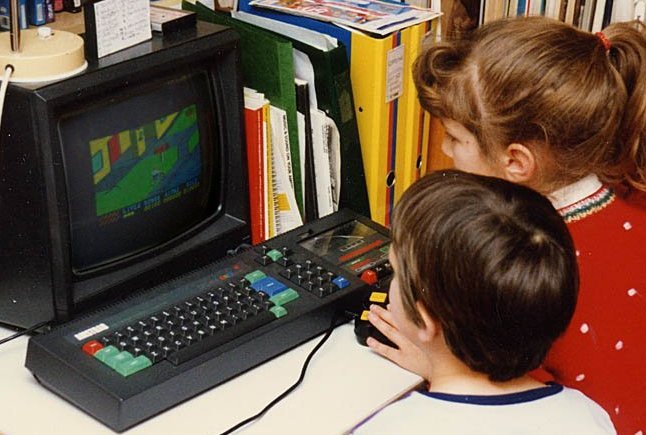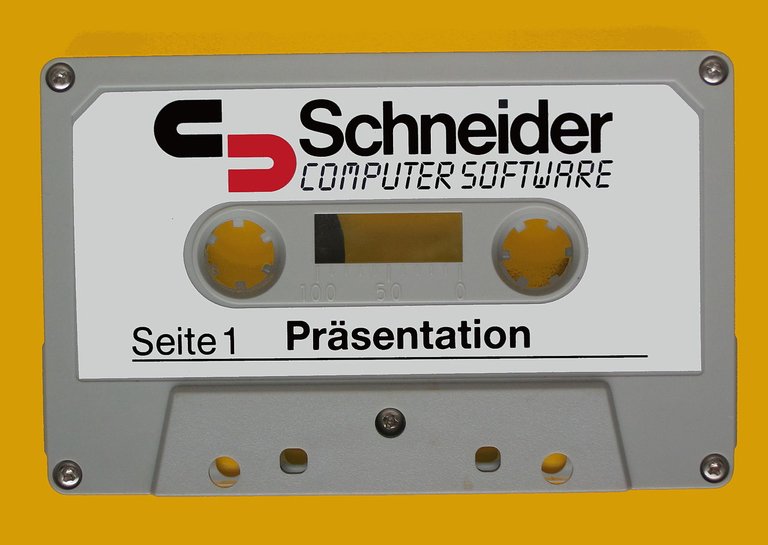I have been involved in print from one facet to another for more than 30 years. I have watched a multitude of fresh-eyed graphic designers emerge from the great halls of higher education only to fall flat on their face because no one has taught them anything practical. Thought I'd share a bit of the history no one is telling.
Sure we know about the printing press and how it changed the world. Totally agree with that. But after that hat tip from educators the rest of the history is ignored completely. Because of that those in print, be it graphic design or printers themselves can't "think" in print. They don't get it. It's been "dumbed-down" like much of our currently held "understanding." For the most part this so-called education then becomes mute.
In my 30+ years I have watched as computers have taken over the world. Advancements are great. No doubt. But if we lose site of what got us there, we become like the failing "empire" of Hari Seldon in Isaac Asimov's insightful Foundation Trilogy. Folks who only know how to push the buttons that turn on the machines without any working knowledge to assist us. I think this is dangerous in many ways and in many fields, but my expertise is printing so I will address this malady from this perspective.
I am calling this series Printing Is A Lost Art. It involves the rise of the personal computer, digital printing and the internet and so much more. I hope you enjoy it and share your thoughts.
I got involved in printing in 1986 by way of being a database clerk. I know, that sounds boring to many these days. Typing data in a form, updating records, deleting records. Bleh! right? But in 1986 it was all the rage. No, really. Data was a new thought, at least on a grand scale.
Sure, the FBI had "data" before 1986. But 1986 was when personal computers rose up and took over the world, one office and then one home at a time.
So, first let's discuss computers themselves. I had seen and actually played a game on a computer back in 1977, but it was magic and rare and no one had them. Period. Of course I also only knew one (count them - 1) household in my whole world that owned a dishwasher, garage door opener, or electric can opener... I don't mean I only knew one household that had all three, just one who had one period. And yes, they did have all three. My paternal grandparents.

But by 1986, other than seeing a few in schools that we occasionally took some tests on (very special indeed!) I had only ever seen one other one. It was in my own home. And it wasn't what you might call a computer by today's standards.
It was an old tv hooked up with a keyboard and a (get this) cassette tape player. Many of you only know what that even looks like or sounds like from watching Guardians of the Galaxy! But they were standard fare then.
The cassette player used cassette tapes for memory, a pre-cursor to floppy disks! (could any tech be older than floppies? Sure! Try punch cards!) And essentially this thing was a glorified typewriter - what became known as a 'word processor'. Fancy, huh?
Word processing meant you could type and EASILY bold things, italicize things, underline things! Before that you had to do it on a typewriter!!! By either changing the balls to other "type-faces" like bold and italic or by backspacing and typing OVER what you had typed before to get bold or add underlining!!!! Think of that! You couldn't make any mistakes. There was no copy pasting. Real-world, real-time typing. Word processing, processed the words, letters, fonts, changing sizes! Centering. Whew! it was AWESOME!!!!
And because of this new technology called word-processing a whole new world opened up, one allowing creativity, personalization, and do-it-yourself mentality that had not been possible before. I mean just because things had to get typed on a typewriter before, didn't mean everyone had a typewriter!! You had to know someone, have access at work or use the ones at school. It was not easy.
Word processing created a new type of industry, expanding printing services, called desktop publishing. Suddenly. All of a sudden, you didn't quite have to be an expert at printing or print services to get things done.
It still wasn't very accessible. And it still wasn't clicking-easy. More on that next time. But it was now possible. My hat's off to word processing and desktop publishing. They helped raise the bar, while lowering it at the same time. Every solution creates new problems, right?
